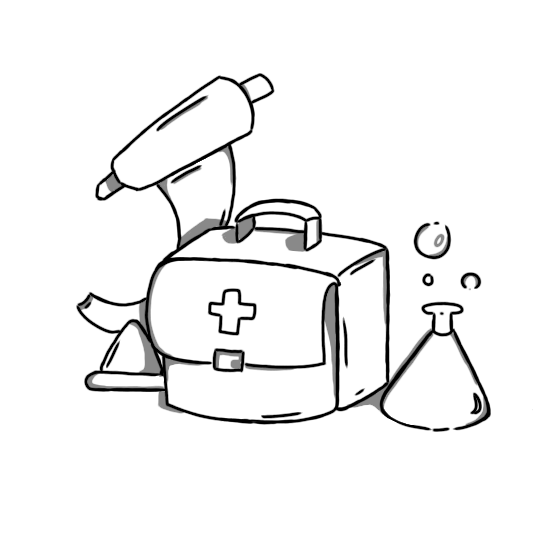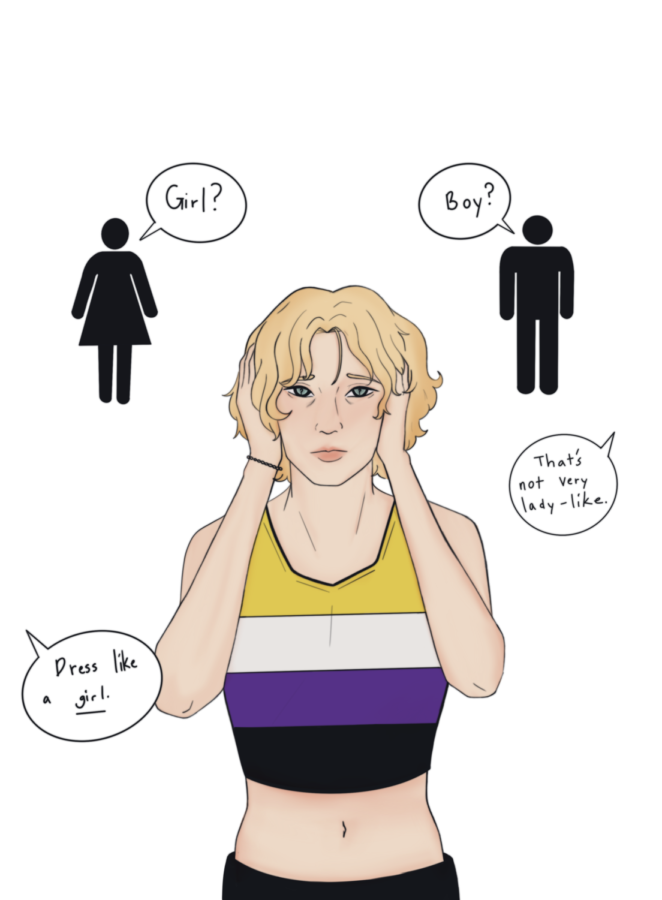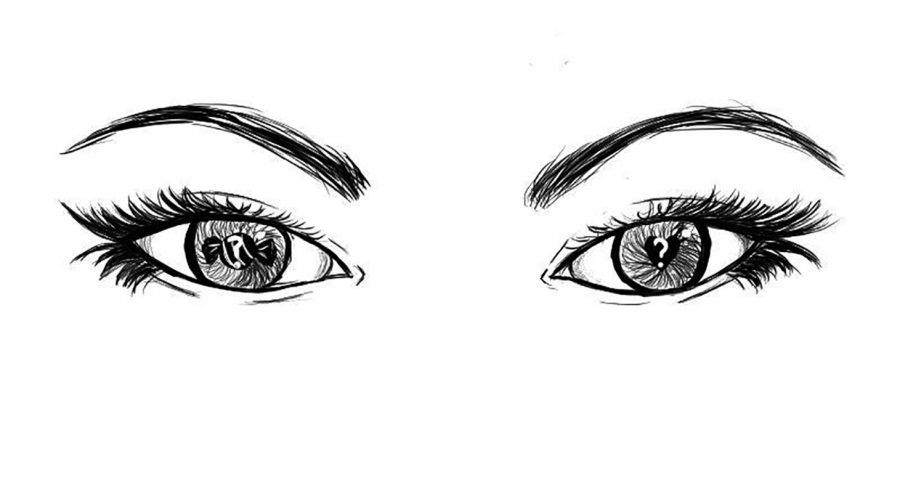When someone talks about stress, almost always it is talked about in a negative way, but stress, also known as the “fight or flight response,” is also good. Stressful situations, stressors, trigger our hypothalamus, a part of the brain, to signal our adrenal glands to produce more adrenaline and cortisol into our bloodstreams, the blood vessels widen to allow more blood flow to large muscle groups, pupils dilate to help improve our vision, and those are only some of the physical stress responses.
Good stresses are known as eustress. These are situations in which a stress response is triggered but are still considered as a positive situation. These situations cause a stress response which is not as much of a strain that the negatively associated stressful events can be. Without eustresses in our lives, according to Elizabeth Scott, M.S., we would be depressed and may even feel that we lack a meaning in life.
A negative stress, or distress, is not always to an immediate situation. Long-term stressful situations can lead to a low-level stress that can be very detrimental to a persons health. When the nervous system is on moderate alert, it pumps out extra stress hormones, and this can wear out the body which leads a person to feel overwhelmed and can cause weakening to the body’s immune system. Betty Burrows, PhD, wrote, “Stress is thought to be a common cause of everyday aches, pains, and health problems, such as headaches, backaches, stomachaches, diarrhea, sleep loss, and loss of sex drive. Stress also appears to stimulate appetite and contribute to weight gain.”
Along with physiological symptoms there are mental effects as well, such as depression, isolation, increased aggression, and anxiety.
According to Stress Focus, about one third of teens will experience at least one episode of stress every week. The major causes of stress for teens are 78 percent school work and parents. Romantic relationships, problems with friends, and siblings all connect to 64 percent of teen’s stresses. Girls tend to be more affected than boys, and both respond differently.
Girls’ responses to stress tend to be trying to obtain help from others or by taking initiative to reduce or remove the stressor.
Boys typically respond by not dealing with the stress at all, or by engaging in other things to keep their mind off of the stressors in their lives.
The American Academy of Child and Adolescent Psychiatry framed some healthy stress relieving methods, some are the typical don’t abuse drugs or alcohol, eat a balanced diet, and exercise regularly. Other methods are having a good sense of humor, watching stress relieving cartoons, listening to music, playing recreational sports, having good social relationships with others, and playing with pets or engage in other positive hobbies.
















